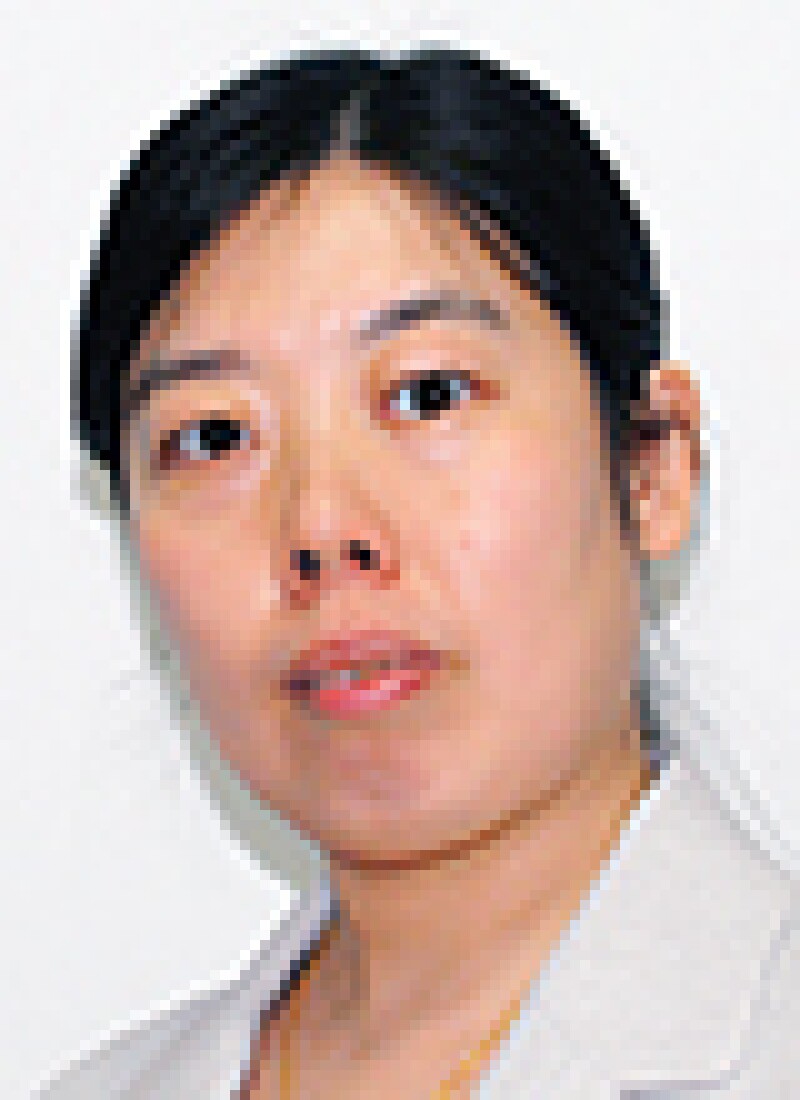
The Patent Prosecution Highway (PPH) is a framework in which an application whose claims have been determined to be patentable in one intellectual property office is eligible to go through an accelerated examination in a second intellectual property office using a simple procedure upon an applicant's request. As the PPH can speed up the examination process for corresponding applications filed in participating intellectual property offices and can also promote work-sharing between intellectual property offices, it has become one of the hottest topics in the intellectual property field. But the way the system operates can differ depending on the rules that different IP offices have adopted. Patent owners need to be aware of exactly what steps need to be taken to get the most out of the system in China.
The types of PPH request
The PPH has two forms – conventional PPH or PCT-PPH. In the former, the PPH request may be made based on the national work from an examination department of any of the 19 intellectual property offices listed in the box. That is, if at least one claim of a national or regional application is allowable in the opinion of any of the 19 intellectual property offices listed above, a PPH request may be made for the corresponding Chinese application before SIPO.
SIPO’s PPH partners |
Since November 1st 2011, when the PPH Pilot Programme between SIPO and the Japan Patent Office (JPO) began, SIPO has put in place PPH agreements with the following 19 intellectual property offices:
|
In the PCT-PPH, the PPH request may be made based on the written opinion from the International Search Authority (WO/ISA), the written opinion from the International Preliminary Examining Authority (WO/IPEA) or an International Preliminary Examination Report (IPER). It is worth noting that if a PCT-PPH request is to be made for a Chinese application before SIPO, the ISA and the IPEA which produced the WO/ISA, the WO/IPEA and the IPER should be limited to any of the following 10 ISAs or IPEAs: APO, PRH, ILPO, JPO, KIPO, ROSPATENT, PRV, USPTO, EPO and SPTO. And as SIPO is also one of the ISAs/IPEAs, the WO/ISA, WO/IPEA and the IPER produced by SIPO may be used as a basis for filing a PCT-PPH request before the above listed 10 intellectual property offices. In addition, a PCT-PPH request can also be filed before DKPTO, IMPI, INPI, IPO, PPO and UKIPO based on the WO/ISA, WO/IPEA and the IPER produced by SIPO.
The applicant cannot file a request under PCT-PPH on the basis of an International Search Report (ISR) only. If any observation is described in Box VIII of WO/ISA, WO/IPEA or IPER which forms the basis of a PCT-PPH request, the application will not be eligible to take part in a PCT-PPH pilot programme.
Timescales
Patent owners should note that the Chinese application for which the PPH pilot programme is requested must have been published before, or when, the applicant files the PPH request.
After the application is published, there are two opportunities for the applicant to file the PPH request. The applicant may file the PPH request simultaneously with the request for the substantive examination; or file the PPH request after the application has entered into substantive examination stage, but only if SIPO has not yet begun examination of the application at the time of the request for PPH, which means the applicant should have not received any office action issued from the substantive examination departments in SIPO before, or when, filing the PPH request, in which the office action issued from the substantive examination departments includes a notification to make a divisional application and other notifications issued from the substantive examiner. If the PPH request is filed simultaneously with the request for substantive examination, SIPO will not start to check documents relevant to the PPH request until the application enters into the substantive examination stage. Therefore, the applicant does not have to file the PPH request simultaneously with the request for substantive examination. For the same application, the applicant is given at most two opportunities to submit a PPH request.
Chart one illustrates the requirements for filing a PPH request to five different intellectual property offices. It can be seen from the chart that SIPO has stricter requirements on the time to file a PPH request than JPO, KIPO, USPTO and EPO.
Chart one: Timing requirements |
|||
Before the examination starts |
At the time of or after filing the request for substantive examination |
After the publication of the application |
|
JPO |
✓ |
✓ |
|
KIPO |
✓ |
||
EPO |
✓ |
||
USPTO |
✓ |
||
SIPO |
✓ |
✓ |
✓ |
Chart two: Amendments |
|
The time limit |
Intellectual Property Office |
Any time before an office action or notice of allowance is issued |
USPTO, JPO, KIPO |
Within the time limit of six months after the communication of preliminary amendments is received |
EPO |
At the time of filing the request for substantive examination |
SIPO |
Within the time limit of three months after the receipt of the notice of invention patent application entering into the substantive examination stage |
SIPO |
Time limits for amendments
In order to make the claims in the SIPO application sufficiently correspond to those patentable or allowable claims in the corresponding application, the applicant may need to amend the SIPO application according to the patentable or allowable claims in the corresponding application. At this time, the applicant needs to care about the time limit for amendment in order to make the claims in the SIPO application correspond to the claims determined to be patentable or allowable in the corresponding application. This is when a request for substantive examination is made and within the time limit of three months after the receipt of the notice of invention patent application entering into the substantive examination stage.
For a better understanding, chart two illustrates the time limit of preliminary amendment to ensure sufficient correspondence of claims of five different intellectual property offices.
It can also be seen from the above chart that SIPO has also set up stricter requirements on the time limit of preliminary amendment for ensuring sufficient correspondence of claims than JPO, KIPO, USPTO and EPO.
Sufficient correspondence of claims
On the whole, the requirements of sufficient correspondence of claims of different IP offices are substantially the same. Specifically, for SIPO, claims are considered to sufficiently correspond where the claims are of the same or similar scope as the claims in the corresponding application, or the claims in SIPO are narrower in scope than the claims in the corresponding application. A claim that is narrower in scope occurs when a patentable or allowable claim in the corresponding application is amended to be further limited by an additional technical feature that is supported in the description or claims. A claim in SIPO which introduces a new or different category of claims is not considered to sufficiently correspond.
Accelerating examination
Under PPH, participating IP offices have agreed that when an applicant receives a final ruling from the first intellectual property office that allows at least one claim, the applicant may request an examination of corresponding claims in a corresponding patent application that is pending in a second intellectual property office based on the work produced by the first IP office. And once the PPH request is accepted by the second IP office, the examination process is accelerated. Specifically, if SIPO decides that the PPH request is acceptable, the SIPO application is assigned a special status for an accelerated examination under the PPH.
For applications waiting for examination under normal procedure, the first office action is generally issued six to 18 months after the application enters into the substantive examination stage. For applications assigned with the special status for accelerated examination under the PPH, the average pendency from grant of the PPH request to the first office action is one to three months. Most first office actions merely raise objections about formalities and the application may be granted after response to the first office action has been submitted. This means that the PPH pilot programme greatly accelerates examination, examination procedure and saves examination fees, and the application may be granted earlier.
Yanling Zhou |
||

|
|
Yanling Zhou is a patent attorney at Deqi Intellectual Property Law Corporation. She obtained a BS degree in fluid power transmission and control and a MS degree in mechatronic engineering from the University of Science and Technology Beijing. She worked as a research and development engineer for about two years. Yanling Zhou has practised IP for 12 years and focuses on the preparation and prosecution of patent applications in the fields of mechanics, fluid power and automatic control, industrial design and mechatronics. She also has experience in patent reexamination, invalidation, patent analysis and infringement opinions. She is a member of the All China Patent Agents Association. |
Man Guo |
||

|
|
Man Guo is a patent attorney at Deqi Intellectual Property Law Corporation. She obtained a BS degree and an MS degree in electronics from Beijing University of Post and Telecommunications. She has practised IP for twelve years and she focuses on the preparation and prosecution of patent applications in electronics, telecommunications, computer technology, software and mechanical art. She also has experience in patent reexamination and patent analysis. She is a member of the All China Patent Agents Association |











